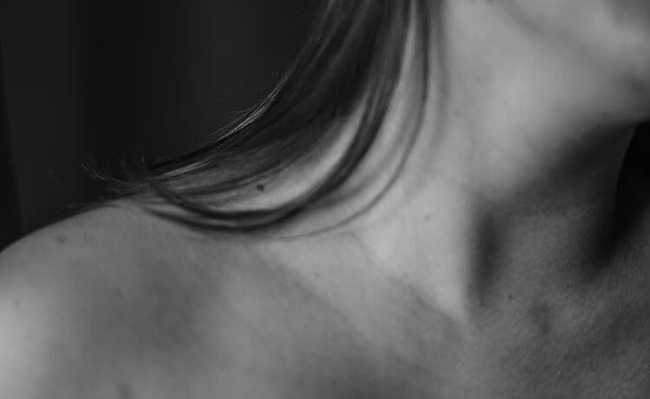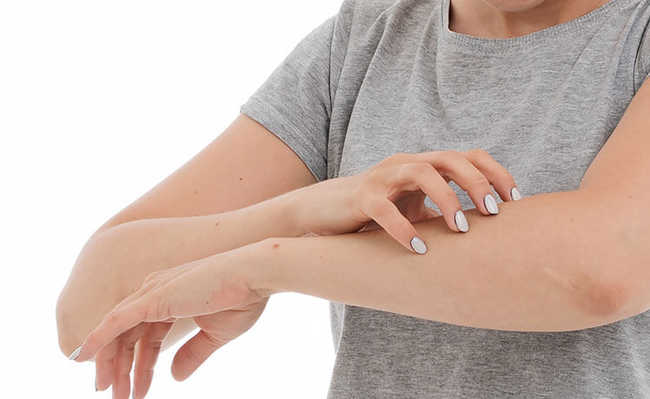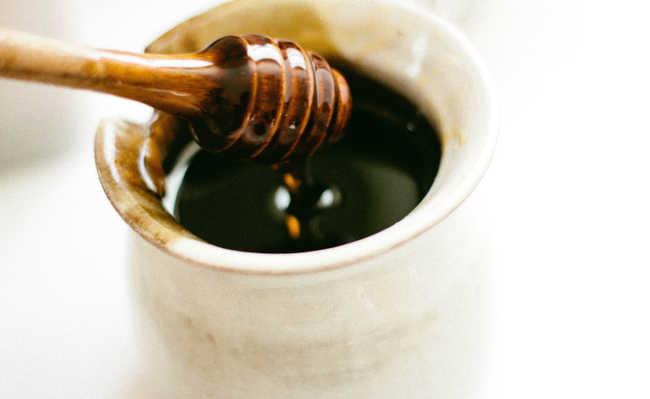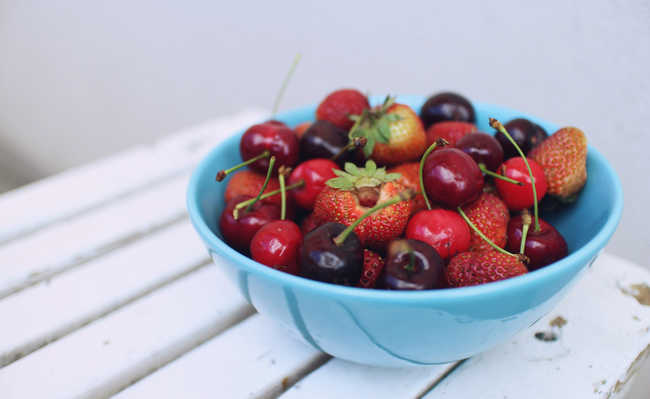Food for labyrinthitis: what to eat and what to avoid
Know the foods that should be avoided by those who have labyrinthitis and know which ones are good

Edited and resized image by Sharon Pittaway is available on Unsplash
Labyrinthitis is an inflammation of the inner ear, known as a labyrinth, that can compromise both balance and hearing. It usually manifests in people aged 40 to 50 years and, if not treated correctly, the problem can become more serious. Treatment is carried out under medical prescription and is usually based on medications such as antibiotics and anti-inflammatory drugs, but the relationship between labyrinthitis and food is close. Consuming the right foods helps relieve symptoms, while others should be avoided as they worsen the condition.
Labyrinthitis and food
Foods that help in the treatment
Maintaining a diet free of inflammatory foods is an essential step in getting rid of labyrinthitis. It is necessary to reduce the consumption of red meat, alcohol and those foods with gluten and white sugar. Instead of these, it is necessary to increase the consumption of anti-inflammatory foods such as:
- Broccoli
- Green cabbage
- mushrooms
- Olive oil
- Pumpkin
- Sesame
- Cress
- chili and pepper
- Grape
- Turmeric
- Ginger
- Blackberry
- Lemon
- Garlic
- Flaxseed oil or seeds
- Chia seeds
- Ginkgo biloba
Foods rich in omega 3, such as flaxseeds and chia seeds, are great for fighting labyrinthitis. You can get the omega 3 from flaxseed or chia by soaking them for ten minutes, in a proportion of one part seed and one part water. Thus, the gel that will form will make the omega 3 more bioavailable. But you can still get it by consuming flaxseed or chia oil. Omega 3 can also be found in significant amounts in foods such as walnuts and canola oil.
- 16 foods that are natural anti-inflammatory
- Reducing red meat consumption is more effective against greenhouse gases than not driving a car, experts say
- What is gluten? Bad guy or good guy?
- Is sugar the new tobacco?
Foods to avoid
In general, you need to avoid inflammatory foods. Mainly those that contain gluten (understand why in the article: "What is gluten? Bad guy or good guy?"). One way to ensure a diet free of inflammatory foods is to avoid processed foods and give preference to in nature.- What are fresh, processed and ultra-processed foods
- Sweets, chocolates, cakes, filled cookies, ice cream, sweets and other foods rich in sugar;
- Bread, pasta, pies, snacks, snacks and biscuits;
- Stimulating beverages such as coffee, cola soft drinks and mate tea;
- Alcoholic beverages;
- Sugary drinks, such as soft drinks and juices (mainly industrialized);
- Fried foods, sausages and other foods rich in fat;
- Avoid using too much salt to season food.
Feeding tips for those with labyrinthitis
Instead of using salt to flavor food as it makes ear inflammation worse, you can use aromatic herbs such as rosemary, oregano, and gersal. It is also recommended to eat every three hours and drink 1.5 to 2 liters of water a day.










